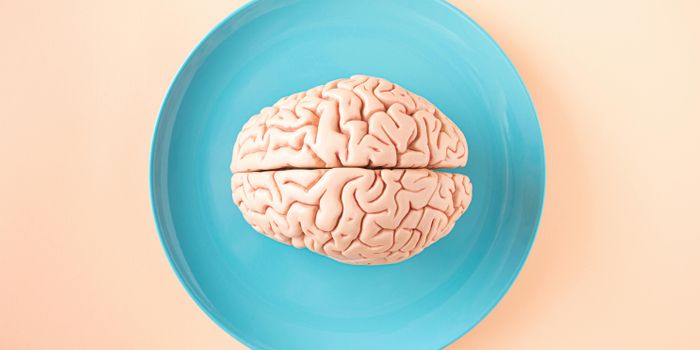You Know about Dad Bod, But What about Dad Brain?
Scientists discovered the brains of new fathers undergo physical changes according to a study published in Cerebral Cortex. The transition to parenthood causes significant changes to brain structure and functioning for both parents, but fathers’ brains show unique developments.
The study used fMRI (functional magnetic response imaging) to scan the brains of 40 expectant fathers (20 in the United States and 20 in Spain). In Spain, the brains of the fathers were scanned before their partners became pregnant and then two to three months after their partners gave birth. The researchers also used fMRI to scan the brains of 17 childless fathers for comparison at similar intervals. The U.S. study involved scanning the fathers’ brains when their partners were in their third trimester (around 30 weeks along) and again seven to nine months after the birth.
Scans revealed changes in the cortex, the brain's outer layer that is responsible for attention, planning and executive functioning. Comparisons of the fathers' scans before and after birth showed changes in portions of the cortex involved in visual processing and the brain's default mode network. The default mode network is associated with empathy. It also becomes active when someone is daydreaming, planning future actions, or reminiscing. Neuroplasticity in the brain leads to increases in areas responsible for empathy and visual processing. Childless men demonstrated no changes in neuroplasticity.
Previous research studies have shown that mothers have changes in their subcortical areas (below the surface of the cortex) that are linked with emotion, threat and reward processing in mothers. The research team believes this is the significant difference between neuroplasticity of the mothers and fathers. Study author Dr. Darby Saxbe explained that "It’s too soon to speculate with such a small sample but it might suggest that more, higher-order cognitive processing is involved in fatherhood specifically." The changes to a father’s lifestyle and biology demonstrate that acting like a parent leads to physical brain changes.
Another study using fMRI to measure activity in the parent brain highlights some differences between fathers’ and mothers’ brains. Researchers found that the brains of new fathers increased certain areas of the brain in the first several months following the birth of a child. These areas that grew were associated with planning parental behaviors, responding to infant cues, and attachment and bonding. Brain areas associated with daydreaming and stress shrink in fathers’ brains, but there was no changes in these areas in mothers’ brains.
Most studies have focused on traditional heterosexual parents, so more research is needed on brain changes in parents who adopt, same-sex couples, and other nontraditional parenting cases to understand neuroplasticity of parents.
Sources: Cerebral Cortex, Eureka News Alert








